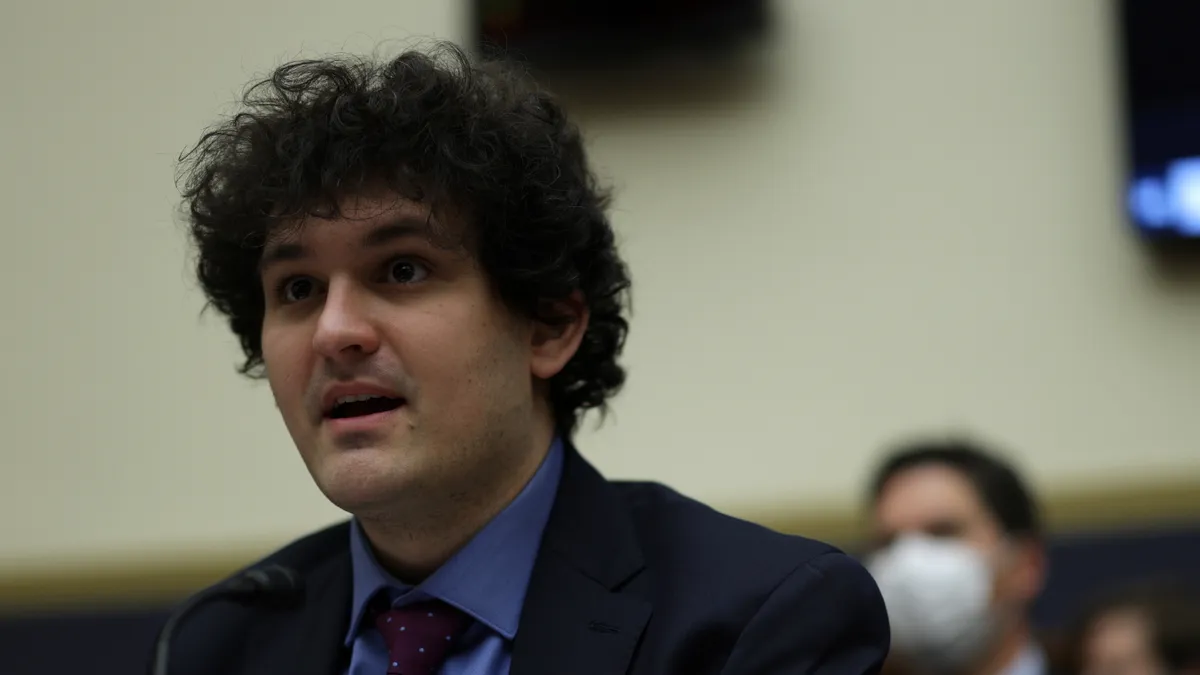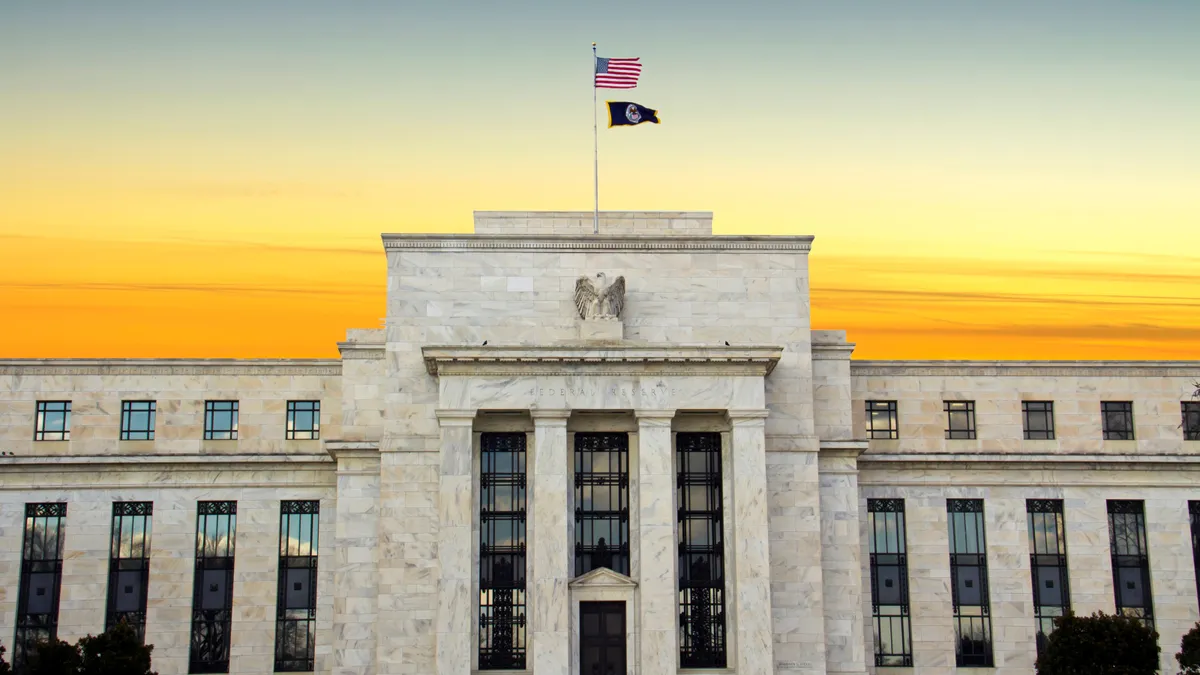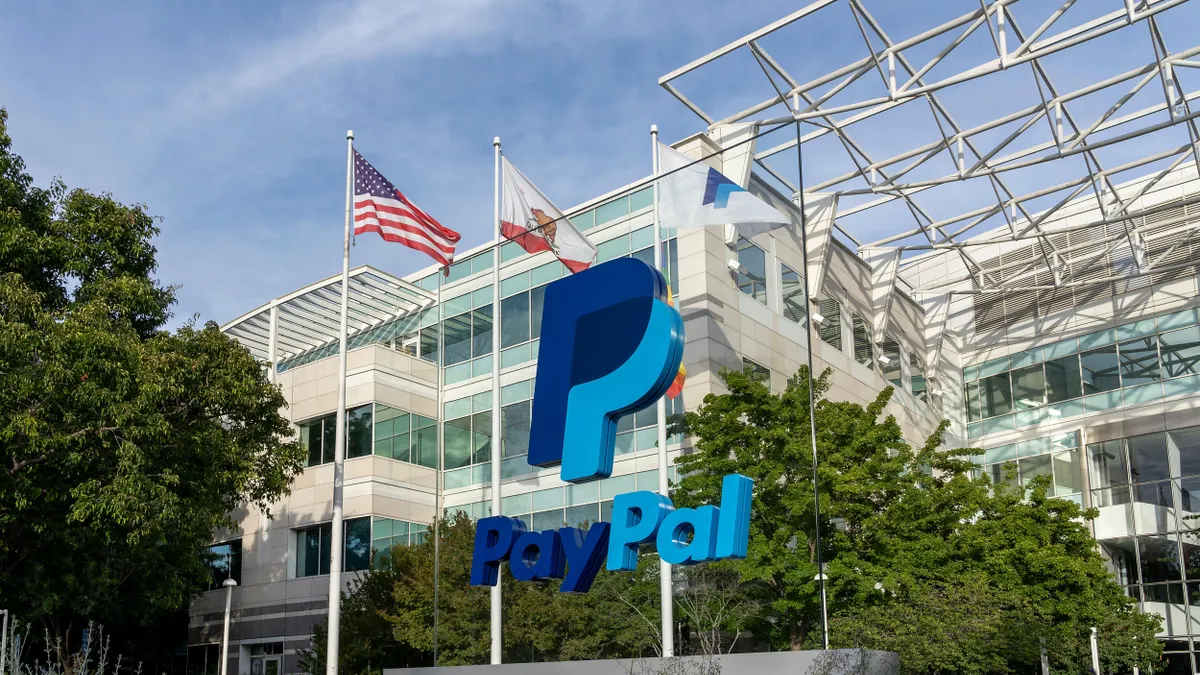The second week of the fraud trial of former FTX CEO Sam Bankman-Fried was comprised mostly of testimony from right-hand man Gary Wang, FTX co-founder and technology chief, and Caroline Ellison, former CEO of FTX sister company Alameda Research and Bankman-Fried’s ex-girlfriend.
The week started out with Wang, who testified last week that he’d written code to allow Alameda to dip into FTX customer funds at Bankman-Fried’s direction.
Part of his testimony referred to a tweet that Bankman-Fried put out days before FTX’s bankruptcy filing, in which he said, “FTX is fine. Assets are fine.”
At the time, FTX was experiencing a bank run.
Wang told the prosecutor that the tweet was “misleading” depending on how “assets” is defined, because FTX didn’t have enough liquid money to fulfill customer withdrawals, according to The Wall Street Journal.
Late last Friday, Wang had also testified that FTX misled customers when it made claims to how much existed in an insurance fund it designed to protect user losses in the event of sudden market movements.
Wang, according to Cointelegraph, said that the actual value of the fund was often insufficient to cover customer losses. The figure it publicly claimed to have, said Wang, was calculated by multiplying “the daily trading volume of the FTX Token by a random number close to 7,500.”
Wang also discussed pleading guilty to federal charges related to FTX’s multi-billion dollar collapse. He and Ellison, who testified next, both pleaded guilty to multiple charges in December.
Ellison took the witness stand Tuesday and has remained on the stand throughout the week.
Shortly after taking the stand Tuesday, she admitted to committing crimes including fraud, conspiracy to commit fraud and money laundering. Speaking of Bankman-Fried, she said, “He directed me to commit these crimes,” according to The Wall Street Journal.
Ellison testified that Alameda’s use of FTX customer funds to cover its own shortfall was ultimately Bankman-Fried’s decision.
Alameda first used its $65 billion FTX line of credit, which tapped customer funds, in 2021, when he wanted to buy out Binance’s stake in FTX, according to Reuters.
Bankman-Fried had grown wary of Binance, which was an early investor in FTX but also a competitor.
He was worried that "Binance would do things to mess with FTX," Ellison said, according to Reuters.
A volatile time in the crypto market spurred several lenders who had originally given Alameda open-term loans, which could be recalled at any time, to order Alameda to give their money back, Axios reported.
Bankman-Fried directed Ellison to repay loans, according to The Guardian, and Ellison testified that she “understood that he was telling me to use FTX customer funds to repay our loans.”
One of the lenders that recalled loans was Genesis, which asked for $500 million back in June 2022.
At the time, Ellison testified, Alameda’s net asset value was around $6 billion, but that figure was likely inflated by the presence of FTT — FTX’s native token, which it could not sell without severely affecting the token’s market value — on the balance sheet. Alameda’s total liabilities at the time were $14.9 billion, she said.
Genesis asked to see Alameda’s balance sheet, which “stressed out” Ellison, she testified, according to Blockworks.
“I wanted to reassure them … but the fact was … we had been borrowing more from FTX customers,” she said.
To quell Genesis’ worries, she falsified seven different balance sheets until Bankman-Fried approved one to share with the lender, she said.
“I didn’t want to be dishonest but I also didn’t want them to know the truth,” Ellison testified.
Although she was CEO at Alameda, Ellison testified that Bankman-Fried, who created the company prior to creating FTX, called all the shots. “Any major decisions” had to be run through him, she said.
Ellison also revealed that, even as CEO, she did not have equity in the firm. She requested it when she took the helm, but said Bankman-Fried told her “it was too complicated,” according to Blockworks.
Zac Prince, CEO of bankrupt crypto firm BlockFi, testified Friday morning.
He placed some of the blame of his own firm’s bankruptcy on the collapse of FTX and Alameda, according to The Block.
BlockFi lended funds to Alameda, and Prince said that wouldn’t have happened had he been privy to Alameda’s use of customer funds and falsified balance sheets because “that is not appropriate,” Inner City Press reported.
BlockFi also had $1.1 billion on the FTX exchange, Prince said; and of the loans it provided to Alameda, $650 million remains outstanding, he said.






















